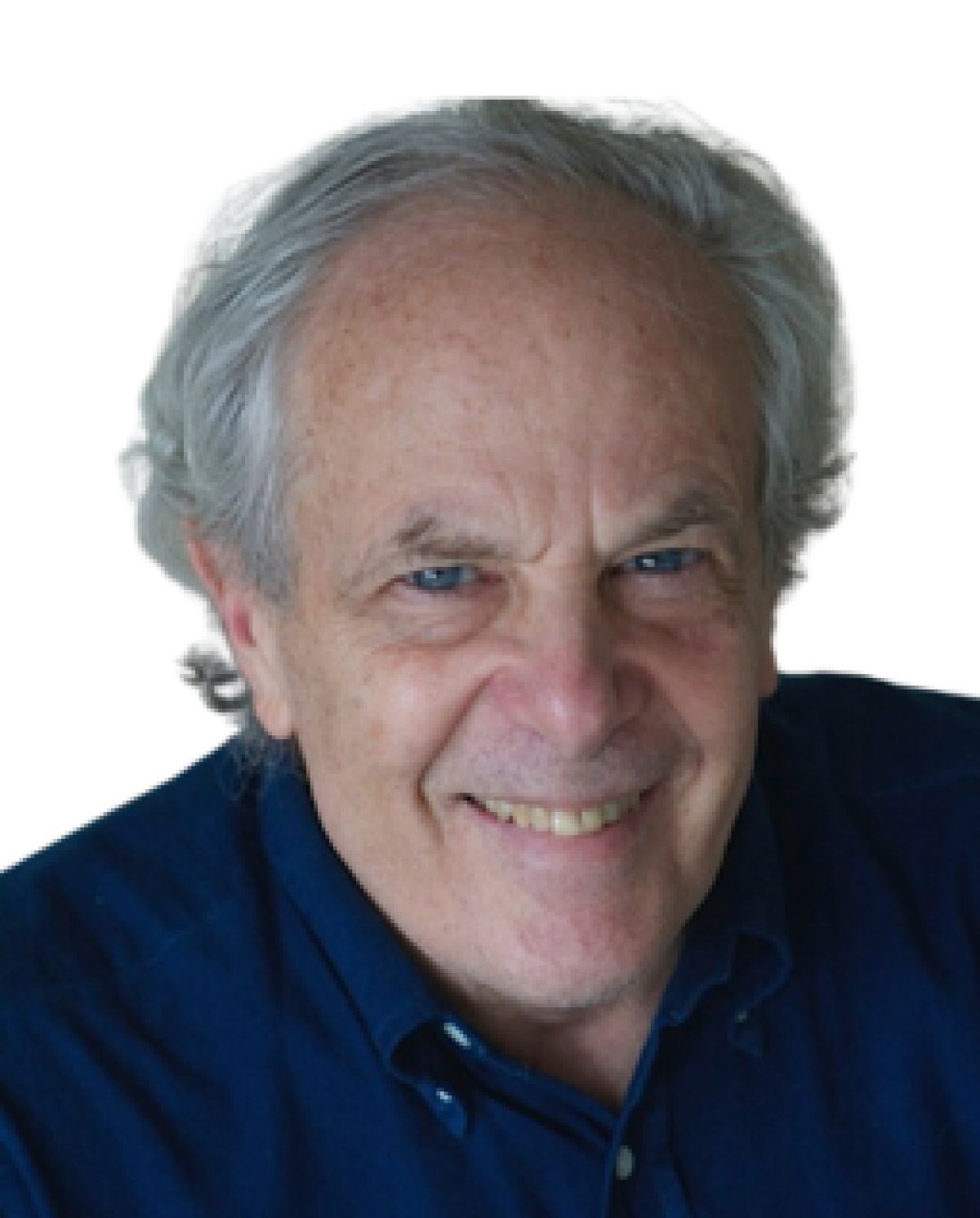
"A perception persists in popular culture of cannabis primarily being taken by "stoners," Cheech and Chong types, those among us wanting to leave the realities of life behind for a few fleeting moments or hours. A subset of people fitting that characterization certainly exists, and yet, when used properly, cannabis is one of the safest substances to take to have that escape, that recalibration before diving back into the exigencies of daily life."
"Through my experiences as a registered medical cannabis MD in New York State for more than 10 years, I've come to a broader understanding of our relationship to cannabis. On balance, however, in my practice and those of many of my colleagues, we have encountered a more nuanced landscape where patients, their families, and caregivers have gotten significant help in lives ravaged by an array of diseases, both physical and emotional."
Cannabis demonstrates increasing therapeutic potential across many neuropsychiatric and neurological conditions, offering symptom relief and functional improvements. Clinical use of cannabis has been associated with reduced caregiver burden and lower burnout among family caregivers. Research into cannabis and the endocannabinoid system offers novel insights into disease mechanisms and potential treatment pathways. The endocannabinoid system connects widely throughout the body and contributes to regulation of physiological homeostasis. When dysregulation occurs, targeted cannabinoid therapies can help restore balance for some patients. Cannabis can be misused and is not a cure-all, yet clinical experience reports meaningful benefits. Regulatory constraints, stigma, and limited funding restrict broader adoption and research.
#medical-cannabis #endocannabinoid-system #neuropsychiatric-treatment #caregiver-burden #regulatory-barriers
Read at Psychology Today
Unable to calculate read time
Collection
[
|
...
]